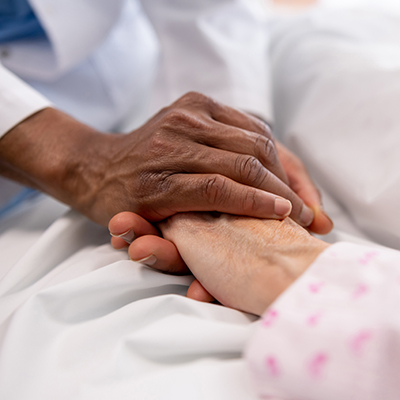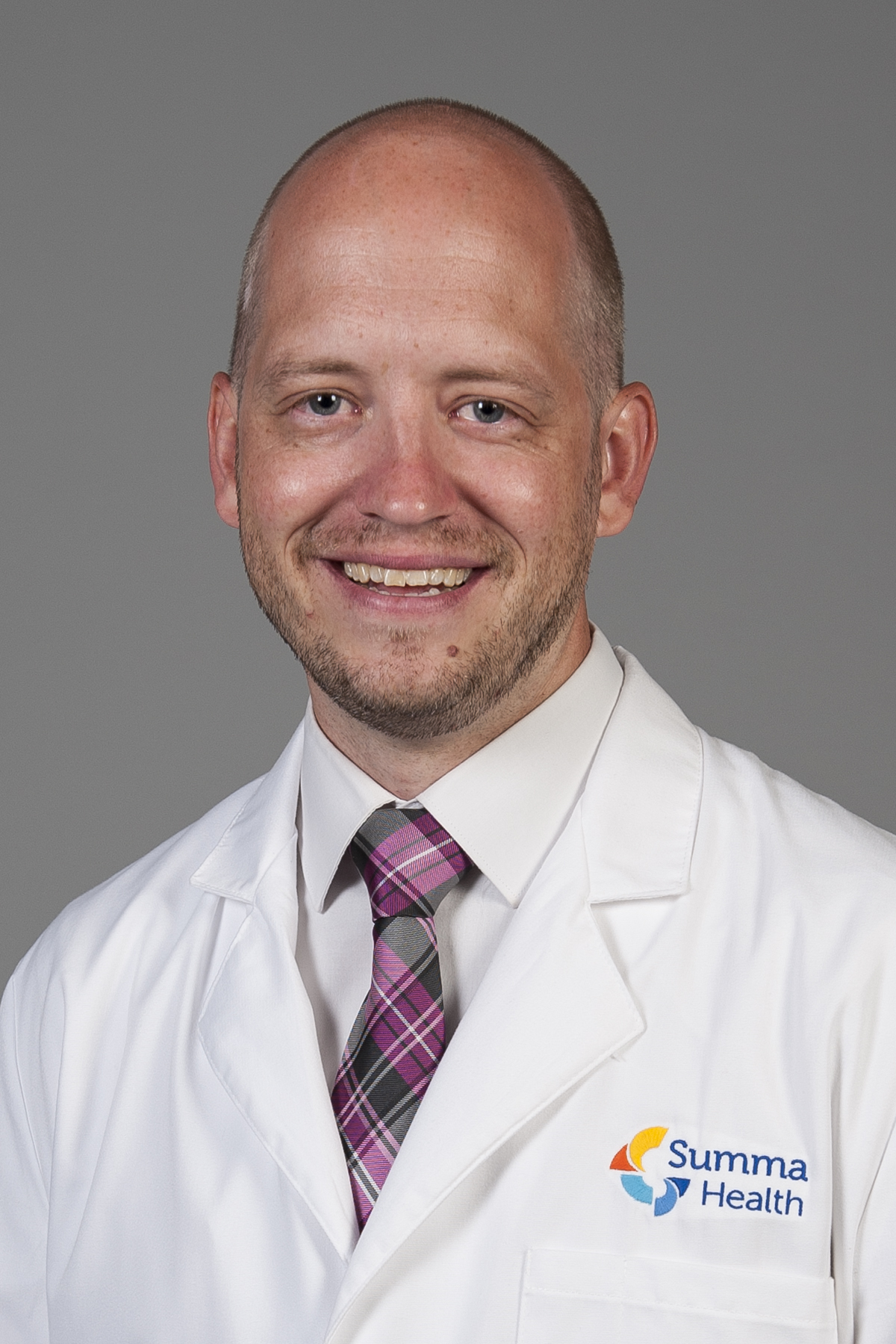Living Better with a Serious Illness: How Palliative Care Can Help
Posted August 12, 2025

Being diagnosed with a serious illness or chronic condition can feel overwhelming, leaving you and your loved ones facing physical and emotional challenges — with a heavy dose of uncertainty.
However, there’s good news: You don't have to face it alone. Help is available in the form of palliative care, a medical specialty designed to improve the quality of life for people in different stages of serious illness.
Think of palliative care as an extra layer of support alongside your regular medical treatment. A team of specialists, which can include doctors, nurses, social workers, pharmacists and chaplains, work together to manage your symptoms and address the emotional and spiritual challenges that often accompany a serious illness. The palliative care team focuses on improving your quality of life, not just treating your condition.
Palliative care is appropriate for people of all ages and is available in the hospital, outpatient office, nursing home or even one’s own home.
If you’re facing a serious diagnosis, don’t go it alone. Learn more about palliative care, when and how to access it, and the benefits you can expect. While living with a serious condition is challenging, palliative care is here to increase your comfort, wellness and quality of life.
When is palliative care appropriate and when should I start?
Palliative care is especially helpful for people with chronic conditions. Today, patients with cancer, heart disease, chronic lung disease, AIDS, Alzheimer's disease, Multiple Sclerosis, Amyotrophic Lateral Sclerosis (ALS) and many other serious illnesses are eligible for palliative care.
The primary effort in palliative care is symptom management and determining a patient’s goals of care. A common misconception is that palliative care is only for end-of-life situations, which isn’t true. You can benefit from palliative care at any stage of your illness, whether it’s curable, chronic or life-threatening. However, the best time to consider palliative care is early in the course of an illness to gain the most benefit.
What are the benefits of palliative care?
Studies show that palliative care offers a variety of benefits for patients and their families, including:
- Symptom management. Palliative care can address a wide range of symptoms, including pain, fatigue, nausea, shortness of breath, anxiety and depression. The team will work to find solutions that make you feel more comfortable and in control. Effective symptom management can lead to fewer hospital admissions and emergency room visits.
- Improved quality of life. By managing your symptoms, palliative care allows you to focus on living your life to the fullest. You might have more energy to spend time with loved ones, pursue hobbies or simply enjoy daily activities. The team also can help to manage the emotional suffering associated with serious illness, reducing your stress and anxiety and improving your overall well-being.
- Informed decision making. The palliative care team can provide education about your illness and treatment options. This knowledge empowers you and your loved ones to actively participate in care decisions. Palliative care also fosters open communication between you, your doctor and your family, ensuring everyone is on the same page regarding your care.
- Support for family and caregivers. Palliative care extends its support to your family members, as well. The team can offer guidance on coping with the emotional challenges of your illness, and provide resources to help them care for you and themselves.
How can I access palliative care?
If you’re interested in learning more about palliative care or feel it might benefit you or a family member, talk to your doctor.
At Summa Health, we offer a comprehensive palliative care program that can be integrated into your existing treatment plan. Our team will work closely with you and your doctor to develop a personalized care plan that addresses your specific needs and goals. Most insurance plans, including Medicare and Medicaid, will help cover palliative care, similar to how they cover other medical treatments.
If you’re facing a serious diagnosis, palliative care can be a powerful tool to improve your quality of life, manage your symptoms and empower you to make informed decisions about your care. Don’t hesitate to talk to your doctor to see if palliative care is right for you.
Learn more about palliative care and how Summa Health can help. Call 330.375.3039 to schedule an appointment.
Vitality eNews Sign Up
Receive the Summa Health eNewsletter for the latest health tips, advice and updates.


